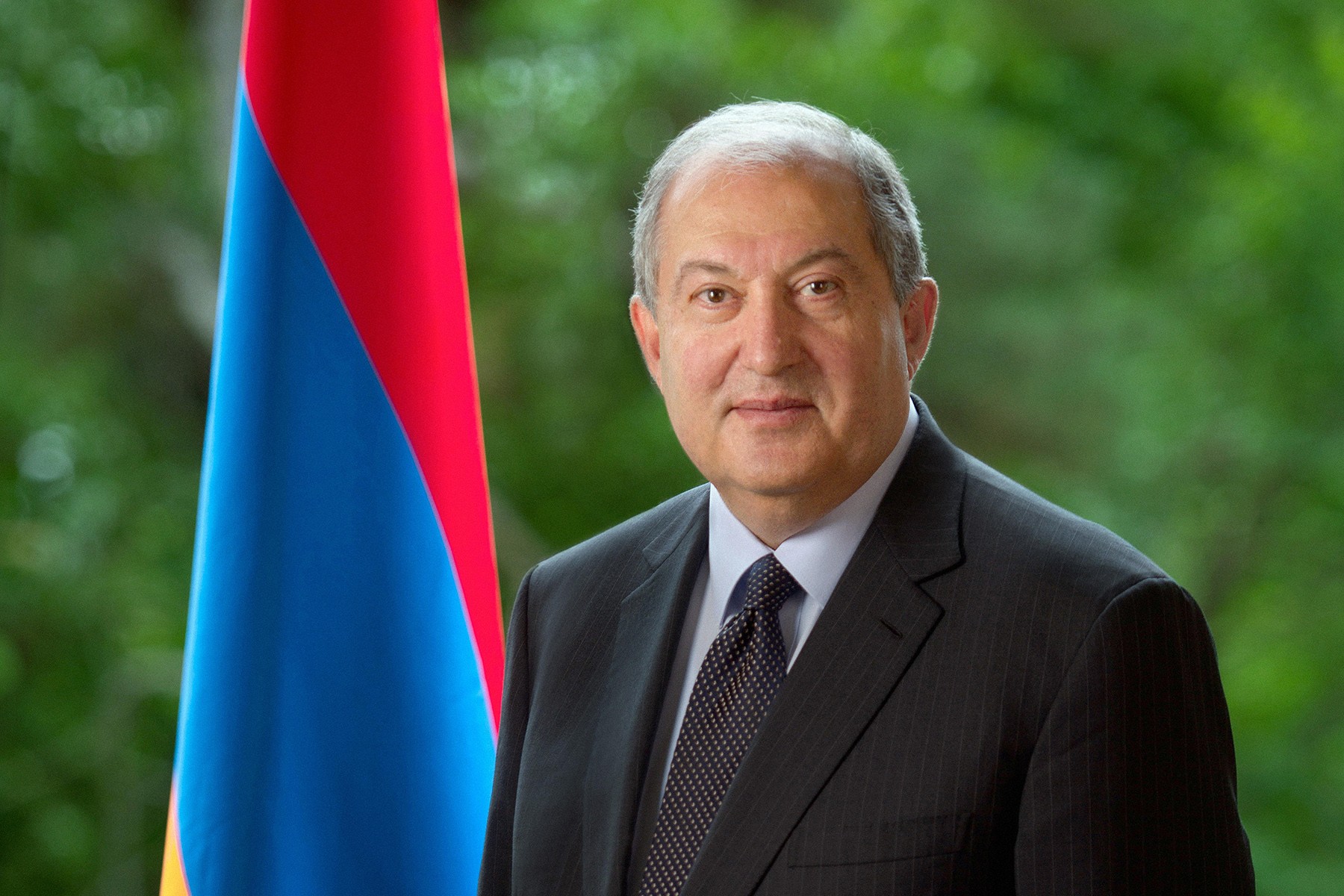Investigation: Armenian President was ineligible for post due to secret second citizenship

An investigation by Armenian investigative outlet Hetq has revealed that former Armenian President Armen Sarkissian was not eligible for the office due to holding citizenship in Saint Kitts and Nevis, a small Caribbean nation.
Sarkissian, who announced his resignation from the presidency on Sunday night, had reportedly done so shortly after being contacted for comment about his Saint Kitts and Nevis citizenship by journalists.
In his resignation announcement, Sarkissian wrote that he was leaving the position because he lacked ‘tools’ to properly influence Armenia’s domestic and foreign policy. He did not mention the investigation.
[Read more: Armenian president resigns]
The Armenian Constitution stipulates that to be eligible for president, a candidate must have held only Armenian citizenship for six years prior to assuming office. Sarkissian had previously only acknowledged holding dual Armenian-British citizenship and had claimed he had renounced the latter in 2011 — seven years before becoming president.
According to Hetq, when approached for comment, Sarkissian confirmed that he had been a citizen of Saint Kitts and Nevis as late as 2017. He also reportedly said that he had become a citizen of the small island country and noted tax haven unwittingly through a citizenship-for-investment scheme after he invested into a hotel. ‘My motivation was to make investments, and I was not interested in my passport at all’, Hetq reports him as saying.
He also claimed that he had instructed his legal counsel to initiate a process of renouncing the citizenship in 2013, but, in 2017, when he was offered the Armenian presidency he discovered that the process was not carried out.
For now, Hetq has not made clear when Sarkissian initially became a citizen of Saint Kitts and Nevis. ‘We cannot provide many details of the investigation at this stage as it is a cross border investigation and not yet complete’, the Hetq article reads.





